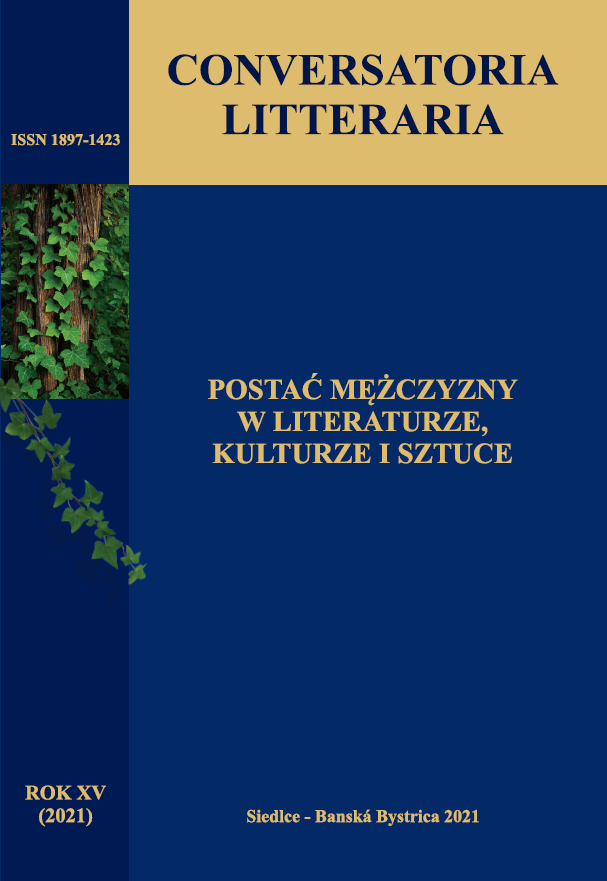Коды «мужского» и «не-мужского» в художественном мире Morpho Eugenia А.С. Байетт
DOI:
https://doi.org/10.34739/clit.2021.15.16Słowa kluczowe:
A.S. Bayett, masculine, non-masculine, vice, work, female talent, perseverance, dignity, universal human qualitiesAbstrakt
Morpho Eugenia is the first part of the postmodernist novel Angels and Insects by A.S. Byatt. The male world is represented here in abundance by numerous names of famous naturalists, philosophers and poets of the XVII-XVIII centuries and of Victorian England, as well as by the male characters of the novel. It is pointed out that the concepts of “masculine” and “non-masculine” in the novel presuppose double reading, namely, the traditional (Victorian) and posttraditional one (neo-Victorian). In the neo-Victorian interpretation, most of the male characters in the novel are devoid of traditional masculine qualities (honor and dignity, commitment to the cause, inner strength), they bear a stigma of vice (incest), while the “male organization” features of the central female character, non-typical for a Victorian woman (talent, efficiency, perseverance, energy, self-reliance), contribute to the formation of an integral harmonious world of men and women as friends, lovers, like-minded people.




